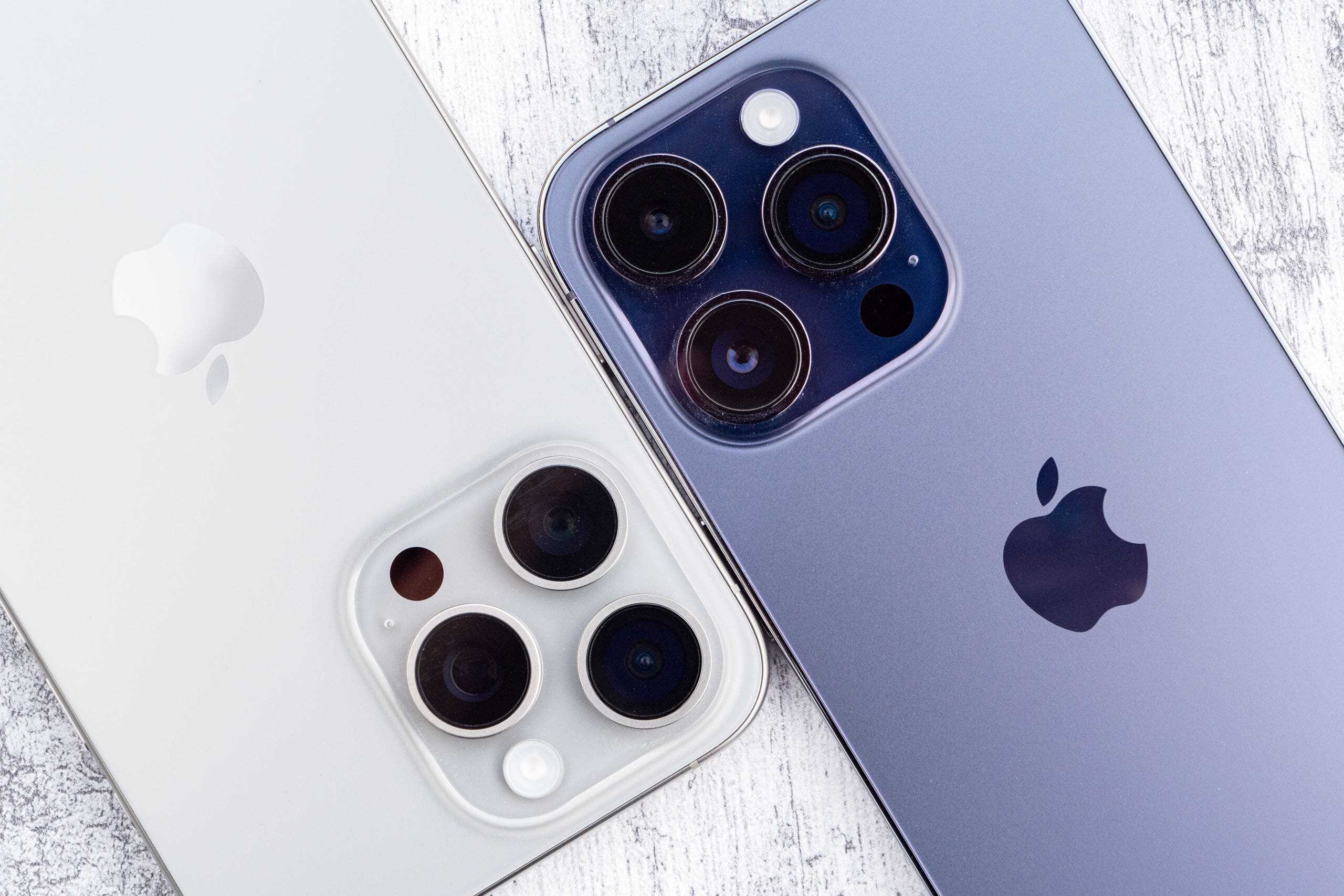In recent years, Apple has faced a decline in iPhone sales in China, a market that has historically been crucial for the tech giant’s global revenues. The once-dominant position of Apple’s iPhone in China has been challenged by fierce competition from local brands, particularly Huawei, as Chinese consumers increasingly opt for domestic products amidst geopolitical tensions with the West. According to data from UBS, Apple iPhone sales in February fell by 4% year-on-year. The company shipped a total of 17.4 million units globally, down from 18.1 million units in February 2023. UBS also reveals that the main decrease is in China, India and the U.S.

Decline in iPhone Sales and Market Dynamics
Counterpoint Analysts have highlighted a noticeable shift in the Chinese smartphone market, with Apple experiencing a 24% sales plunge in the first six weeks of 2024 compared to the same period in the previous year. This decline has been attributed to the growing market share of local smartphone brands like Huawei, Xiaomi, Vivo, and OPPO, which have been successful in capturing a larger portion of the market. The UBS report revealed a 16% year-on-year decrease in iPhone sales in China, reflecting the increasing dominance of local brands and the challenges faced by Apple in maintaining its market share.
The UBS report pointed out that China’s local smartphone brands, such as Huawei, Xiaomi, Vivo and OPPO, continued to capture market share. This is putting a lot of pressure on Apple to come up with a strategy and reclaim its place.
In addition, iPhone sales in the Indian market also dropped by 13% year-on-year. This is also a serious challenge faced by Apple CEO Tim Cook. Earlier, data released by Counterpoint Research showed that iPhone sales fell 24% year-on-year in the first six weeks of this year. By comparison, Apple’s long-time rival in China, Huawei, saw its phone sales soar 64%.
Over the past decade, China has been one of the most important iPhone markets outside the United States, accounting for about 20% of Apple’s global sales. However, Apple’s dominance in the Chinese market is facing serious challenges. This is mainly due to slowing consumer spending and increasing competition from local brands such as Huawei.
Huawei’s Surge and Apple’s Struggles
While Apple grapples with declining sales, Huawei has seen a remarkable 64% increase in phone sales in China, showcasing the strong preference of Chinese consumers for domestic brands. Huawei’s success can be attributed to factors such as the release of its Mate 60 series of 5G smartphones, which have resonated well with consumers after the company overcame challenges related to Western sanctions. The surge in Huawei’s sales has not only impacted Apple’s market position but has also highlighted the changing consumer preferences in China, where loyalty to local brands is on the rise.

Gizchina News of the week
Impact on Apple’s Global Strategy and Market Share
The decline in iPhone sales in China is part of a broader trend that has implications for Apple’s global strategy and revenue streams. With China historically representing a significant portion of Apple’s global sales, the challenges faced in this market have raised concerns about the company’s overall performance. Apple’s market share in China dropped to 15.7% from 19% in the previous year, signalling a shift in consumer preferences and the competitive landscape in the region. The company’s struggles in China have been further exacerbated by a slowdown in consumer spending and the intensifying competition from local players.
Future Prospects and Strategic Considerations
As Apple navigates the changing dynamics of the Chinese smartphone market, the company faces the imperative to adapt its strategies to regain lost ground and maintain its competitive edge. The evolving consumer preferences and the rise of local brands pose challenges that Apple must address through innovative product offerings, strategic partnerships, and targeted marketing initiatives. The company’s ability to respond effectively to the shifting market dynamics in China will be crucial in determining its future success and market position in the region.

Conclusion
Apple is currently facing a decline in iPhone sales in China. This is mainly due to fierce competition from local brands like Huawei, Xiaomi, Vivo, and OPPO. This trend is evident in the 24% sales plunge by Apple in the first six weeks of 2024 relative to the previous year. The UBS report highlights a 16% year-on-year decrease in iPhone sales in China, reflecting the dominance of local brands in the market. This shift in market dynamics has put pressure on Apple to devise a strategy to regain its position amidst increasing competition.
Huawei, in contrast, has seen a remarkable 64% surge in phone sales in China, showcasing the preference for domestic brands among Chinese consumers. The success of Huawei’s Mate 60 series has resonated well with consumers, impacting Apple’s market share and emphasizing the changing consumer preferences in China.
The decline in iPhone sales in China affects Apple’s global strategy and revenue streams. This is because China is a historically significant market for the tech giant. With Apple’s market share in China dropping to 15.7% from 19%, the company faces challenges in maintaining its competitive edge amidst slowing consumer spending and heightened competition from local players.
To address these challenges, Apple must adapt its strategies by offering innovative products, forming strategic partnerships, and implementing targeted marketing initiatives. Effectively responding to the evolving market dynamics in China will be crucial for Apple’s future success and market position in the region. Apple’s mobile phones are premium and they mostly cost over $1,000. Thus, when there is fierce competition from other brands with cheaper prices, Apple has to adapt its strategies. What do you think Apple can do to tackle the situation? Price cuts? Or global coupons? Let us know your thoughts in the comment section below





